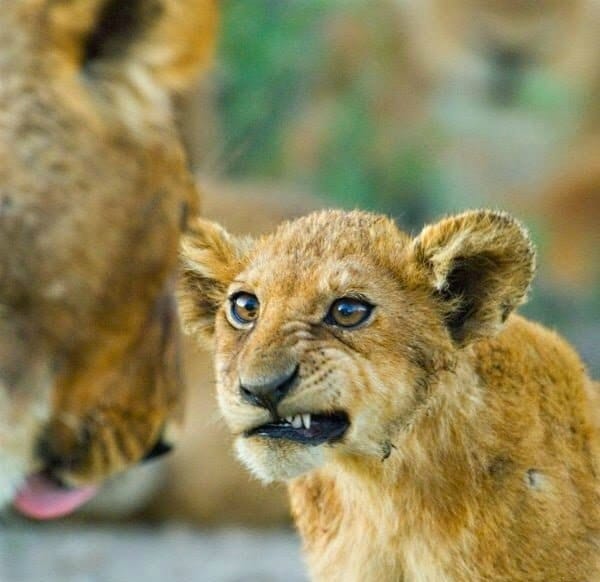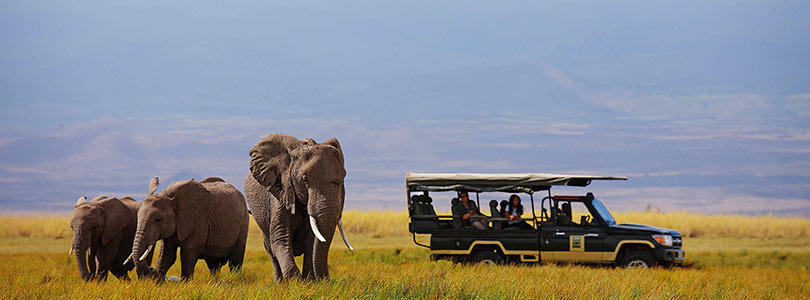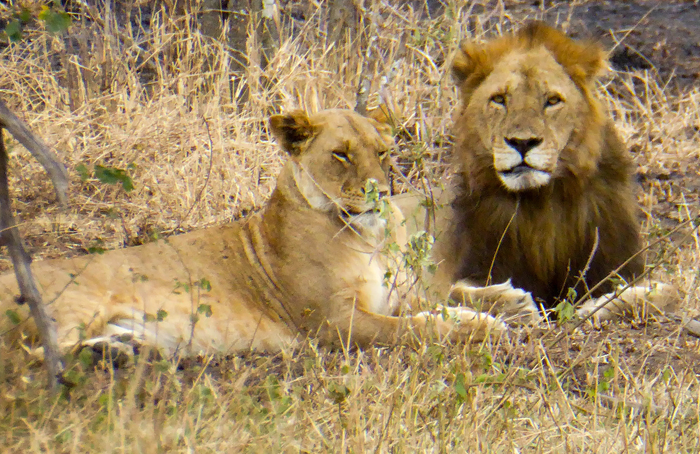For a hassle-free holiday in Mombasa Kenya it is vital to think about safety and security. Here are a few important things to keep in mind:
1. General Security
Stay up-to-date: Make sure to be up to date with the most recent local news, and also any travel warnings issued by your country.
Register with your Embassy: If you are able to Register with your embassy or consulate in Kenya to assist you in case in an emergency.
2. Health precautions
Vaccinations: Ensure you are current with your routine vaccinations. You may also want to look into additional vaccines, such as Hepatitis A, Hepatitis B, Typhoid, and Yellow Fever.
Mombasa has a very high rate of malaria. Utilize antimalarial medicine, insect repellents. Stay in bed under mosquito nets. Wear long sleeves.
Food and water safety Avoid eating ice and drink bottled or boiling water. Eat well-cooked foods. Be wary of street food.
3. Personal Safety
Avoid walking alone in the dark. Make sure you are in areas with lots of people. Avoid walking at the beach, or in isolated areas after dark.
Utilize hotel safes to store valuables such as passports, currency, or other important objects. Don't display expensive items such as jewelry or electronics.
Secure Transport: Only take certified taxis. You may also opt for taxi-hailing services or transport that is provided by your hotel. Beware of taxis that are not marked.
4. Local Laws and Customs
Respect the culture of your local area. Dress modestly when visiting religious places. Be aware of local customs and rituals.
Drug laws: Kenya has strict drug laws, with strict penalties. Beware of using illegal drugs.
Photography: Ask for permission before you photograph people, especially in rural settings or around military and government facilities.
5. Beach Safety and Water Safety
Take care when swimming: Pay attention to local advice on swimming conditions and currents. Utilize designated swimming areas.
Marine Wildlife: Be aware of marine creatures such as jellyfish and sea urchins. If you are walking along the beach, wear appropriate footwear.
6. Crime Prevention
Petty Crimes: Pickpocketing bag theft and other minor crimes can occur in busy areas. Be vigilant and ensure that your valuables are close to you.
Be wary of anyone who offers extravagant assistance or discounts that appear too good-to-be-true. Use licensed tour agents.
Emergency Contacts: Know the emergency numbers for your local area such as Police (999), Fire (999) and Ambulance (999). Always keep the contact details of your consulate or embassy in your pocket.
7. Natural Hazards
Weather: The climate of Mombasa is tropical and can result in floods or heavy rains, particularly during the rainy seasons (April-June) and October-November. Be aware of forecasts for weather.
Sun Protection Apply sunscreen and wear a hat in order to keep from getting sunburn.
8. Travel Insurance
Comprehensive Coverage: Make sure your travel insurance policy covers medical emergencies as in addition to loss, theft and travel disruptions. Make sure your insurance policy offers coverage for activities you plan to engage in, for example water sports.
If you think about these safety and security concerns, you will have a more enjoyable holiday in Mombasa. Have a look at the recommended kenya tours and safaris for site tips including mombasa packages, africa tours, african safari kenya, tour firms in kenya, luxurious african safari, safari trips in africa, kenya tours and safaris, afri safari, trips to kenya safari, africa in kenya and more.

What Are The Cultural Issues I Need To Be Aware Of When On Holiday In Mombasa Kenya?
It is crucial to adhere to local customs when traveling to Mombasa. This will make for a more enjoyable experience. Here are some important things to consider:
1. Please adhere to local dress codes.
Mombasa hosts a large Muslim community. It is respectful to dress modestly when in public areas including religious places, as well as local neighborhoods. Covering shoulders, chest and knees is a good idea.
Wearing swimwear is fine on the beach, but it's recommended to cover up before leaving the beach or going to nearby restaurants and shops.
2. Religious Sensitivity
Visiting Mosques. To visit a place where you can worship, you need to first seek permission. Also, dress modestly. Women should cover up their heads, and everyone must take off their shoes prior to entering.
Prayer Times: Be sure to know the five prayer times of the day and be respectful when you are praying, particularly when they are near an Islamic mosque.
3. Photography Etiquette
Permission: Always seek permission prior to taking pictures of people, especially in rural areas or traditional environments. Certain people are uncomfortable, or might think that photos are intrusive.
Zones that are restricted: Do not take photos in sensitive areas like government buildings, military installations or other cultural sites in which photography is not permitted.
4. Social Interactions
It's essential to greet your fellow citizens politely. Swahili's most common greeting is "Jambo" meaning hello. Although handshakes can be common, Muslim women should wait for men to extend their hands before greeting verbally or waiting for them to greet them.
Respect your personal space. Be aware of any physical contact.
5. Cultural Norms, Taboos
Public Displays of Love: Avoid the display of affection in public because they are typically considered to be inappropriate.
Left Hand Usage Traditionally, the left hand was thought to be dirty. Use your right hand for eating or greet others, as well as to trade goods or money.
Feet - It's considered to be disrespectful to point your feet in their direction or show them.
6. Language and Communication
Basic Swahili - Learning some basic Swahili phrases can help you build relationships and show respect to the locals. Common phrases include "Asante" (Thank for your time) and "Habari" (How are you? ).
Politeness. Be courteous and respectful. Kenyans value courteous and respectful interactions.
7. Respect local customs
Traditional practices: Be respectful of the customs and rituals of the past. You should follow your host's lead if you are invited to an event held locally.
Bargaining: At markets and local shops it is normal to bargain. Be sure to bargain with good humor and respect. It's a cultural practice rather than an unfriendly one.
8. Alcohol and Smoking
Alcohol is readily available, but should only be drunk in a discreet manner. This is especially true for areas with a majority Muslim population. Beware of public drinking.
Smoking is usually not permitted in public spaces. Smoking areas are typically identified.
9. Environmental Respect
Beware of littering and dispose of waste in a responsible manner. Be respectful of wildlife and natural habitats.
Help conservation efforts by showing respect for local wildlife and habitats. Beware of buying products made from endangered species.
10. Supporting Local Communities
Local Businesses - Support local businesses and markets.
Responsible Tourism: Ensure that you choose eco-friendly tourism which benefits the local population.
It is possible to increase your understanding of the local culture by following these guidelines for cultural sensitivity. Follow the recommended Kenya safaris for more tips including tour company in kenya, mombasa tour packages, tours safari africa, africa and safari, mombasa travel agency, safari trips in kenya, kenya safaris, kenya travel, trips to kenya safari, kenya safari packages and more.

What Environmental Responsibilities Do I Have To Be Aware Of When I Am What Environmental Responsibilities Should I Be Aware Of When Traveling Mombasa, Kenya?
To preserve the natural beauty and biodiversity, of Mombasa, Kenya it is essential that you're environmentally responsible. Here are some important environmental obligations to be aware of:
1. Sustainable Accommodation
Eco-Friendly Hotels: Choose accommodation that is sustainable. Look for eco-friendly certifications from Eco-Tourism Nairobi and other eco-labels.
Participate to hotel initiatives for conservation of energy and water. Reuse linens or towels. If not in use, turn off lighting and air cooling.
2. Responsible Wildlife Viewing
Be respectful of wildlife. Be respectful of animals in order not to disrupt them. Your guide will give you guidelines.
Beware of feeding animals: Feeding wildlife can disrupt their natural diet and behaviour.
Leave No trace. Do not litter the wildlife parks or reserves. Bring all of your trash to the curb and dispose of it properly.
3. Plastic Reduction
Do not use plastics with a single-use purpose. Bring a water bottle, reusable bag, and the utensils.
Encourage local initiatives in your area. Participate in or support the local beach cleanup effort, and organizations working to reduce the impact of plastics on our oceans.
4. Water Conservation
Mombasa has water shortages. Showers need to be shorter and faucets should be shut off when they are not in use.
Eco-Friendly Product: Reduce the impact of water pollution using biodegradable, eco-friendly products.
5. Energy Conservation
Reduce the amount of energy consumed. Limit the use air conditioning, and unplug all electronic devices when they are not in use.
Help support renewable Energy by choosing accommodations and tour providers that use renewable energy sources.
6. Sustainable Transportation
Reduce your carbon footprint by using public transportation, like matatus or buses, as often as feasible.
Try using bicycles to cover short distances. There are some places that offer eco-friendly taxis.
7. In support of local economy
Buy Local: Purchase items such as souvenirs, crafts, and food from local vendors and craftsmen to help the local economy.
Fair Trade: Buy products that have been certified fair trade to ensure that producers in your region are fairly compensated.
8. Environmental Education
Learn and Share. Learn more about local environmental issues as well as conservation efforts. You can share your expertise with others in order to raise awareness.
Respect local cultural practices: Learn and respect local customs within the realm of conservation of the environment.
9. Marine Conservation
Snorkeling and Scuba Be cautious not to touch or step on coral reefs. Be sure to safeguard marine life using reef-safe sunscreen.
Do not dump waste into the ocean. Join marine conservation or support programs.
10. Ethical Souvenirs
Avoid products that are a result of wildlife Don't buy products made from endangered animals, like tortoiseshell and ivory.
Sustainable Materials: Choose souvenirs made from recycled or sustainable materials.
11. Take part in conservation efforts
Volunteer: You can sign up to help with local conservation efforts, or tourism-related initiatives.
Support NGOs: Donate money to local NGOs or conservation organizations working to safeguard the environment.
12. Traveling responsibly is a good idea
Travel in small smaller groups, with a close knit group to minimize environmental impact.
Eco-Tours: Pick tour companies that follow eco-friendly practices and are committed to sustainability.
By keeping these environmental duties in mind, it is possible to contribute to the preservation and beauty of Mombasa and the diversity of this region for the next generations. Check out the best park funzi for site examples including travel tours in kenya, africa tours, kenya safari holiday, safari company kenya, facts about kenya, mombasa beach kenya, safari tour, mombasa tour companies, mombasa tours, african safari tours kenya and more.
